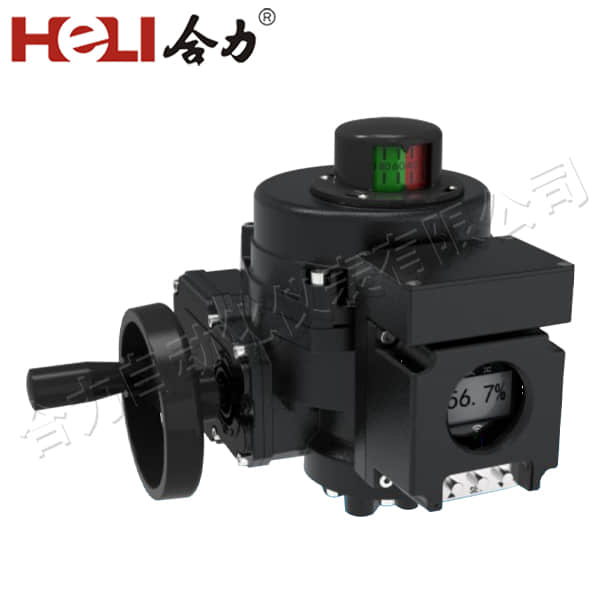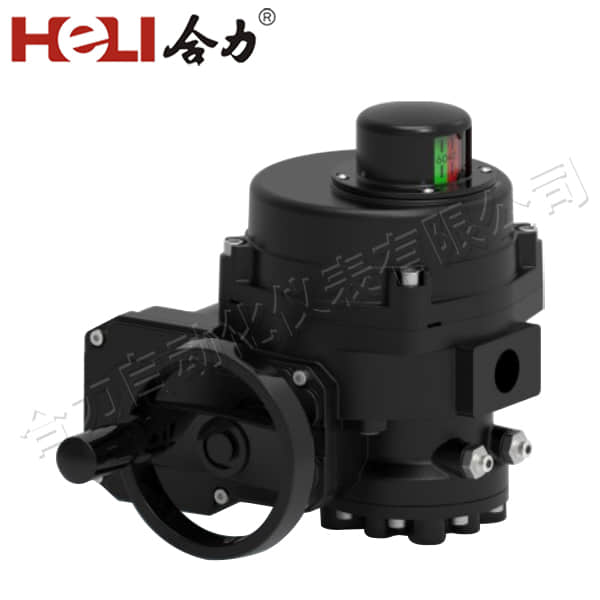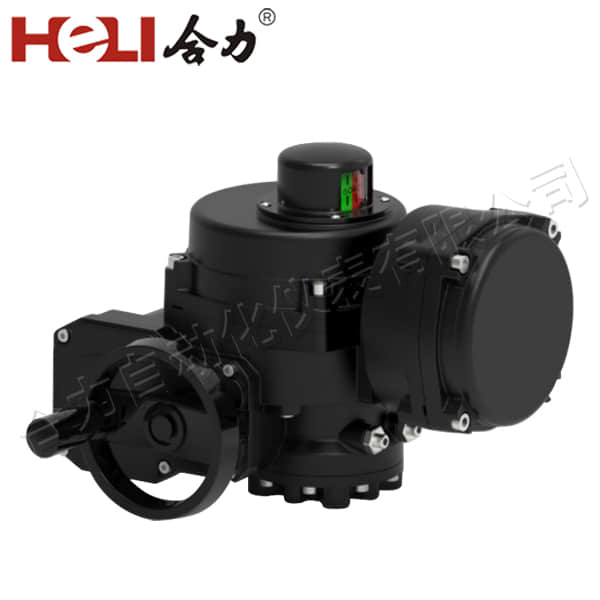
Electric actuators have become an essential component in various industries, driving efficiency and precision in automated systems. These devices convert electrical energy into mechanical motion, enabling the movement of machinery, valves, and other mechanical components. As industries strive for increased automation and improved operational efficiency, the role of electric actuators continues to grow. This article delves into the fundamentals of electric actuators, their types, applications, and advantages, showcasing their significance in modern technology.

What is an Electric Actuator?

Electric actuators can be broadly classified into two categories: linear and rotary actuators.
